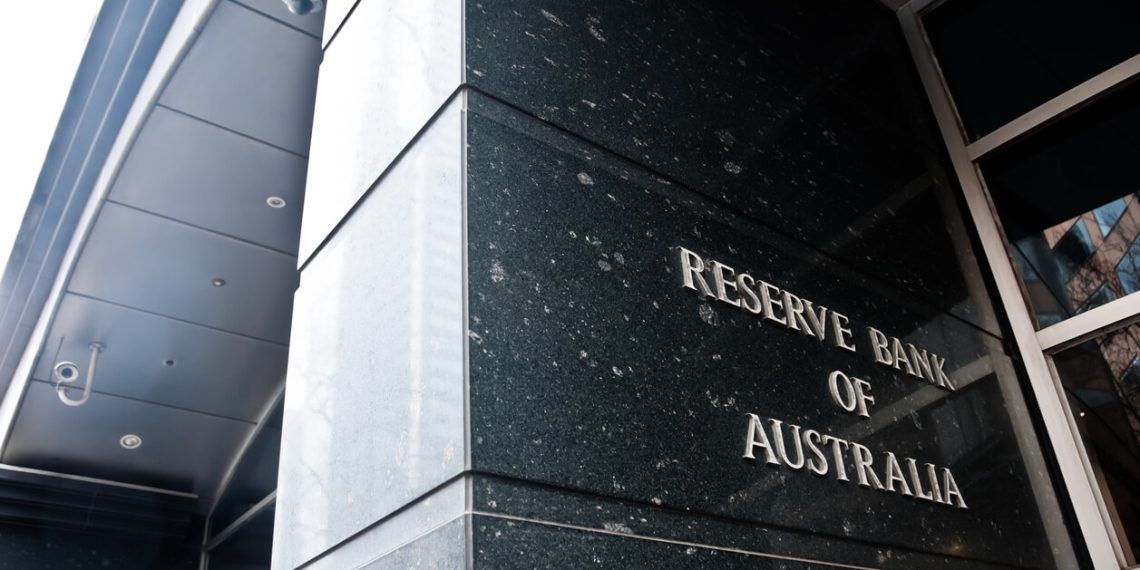Tony Richards, the RBA’s Head of Payment Policy, called a recent finding that one in five Australians owns crypto into question, saying they are unrepresentative of the population.
Do really 20% of Australians own crypto?
A couple of interesting crypto surveys have been coming out recently that all went in one direction: Australians are increasingly adopting crypto. Or is there any other way to interpret…
…20% of Australians owning crypto?
…28% of Australians planning to give crypto-centric Christmas gifts?
…38% of Millennials owning crypto?
Yes, there is. At least if you ask Tony Richards, RBA’s Head of Payment Policy. According to him, these figures are massaged and “no doubt fuelled by influencers and celebrity tweets.” Richards said that “the elderly, people living in regional areas, and those without reliable access to the internet” were not captured well by online surveys. As such, the surveys were biased, and their findings were not indicative of what was going on in reality.
Are crypto surveys really rigged?
There are good reasons not to immediately dismiss Richards’ words as another crypto-hating piece of FUD. Graham Cooke, Finder’s Head of Consumer Research, defended his company’s methodology, saying that respondents were selected based on age, gender, and location and in a manner equal to that of a full national survey.
However, digging a bit deeper does not really yield any methodology behind the survey, as the report just states that the tracker “is an ongoing nationally representative survey of 1,000 Australians each month, with more than 27,400 respondents between May 2019 and July 2021.” There is no mention of the sample of respondents being representative or the method they were selected.
Finder is not the only company conducting crypto surveys it may have a vested interest in. Swyftx, an Australian crypto exchange, found that 25% of Australians hold or have ever held crypto. Its survey was collected from 2,768 Australians, chosen in a representative manner compliant with the Australian Polling Council Code.
But put those two surveys together, and you find a two million people-strong difference in alleged crypto owners. So, what gives?
The difference may be simple semantics, as one survey asks for crypto owners now, while the other survey asks for people that own or have owned crypto. Even so, it does not match the user records by crypto exchanges operating in Australia. Binance reportedly has 700,000 users, Swyftx 470,000 users, BTC Markets 330,000 users, and Independent Reserve 200,000 users.
Although that does not encompass all exchanges on the market, it is a good chunk and a fair bit short of either survey result. The reason may just be that the companies conducting this kind of research have an incentive to report higher numbers than may actually be the case in reality. Moreover, participants get paid in crypto for their participation, which makes Tony Richards’ claim that respondents are not chosen in a representative manner a valid one.
Be it as it may, the surveys, while probably not completely accurate, are at least directionally accurate, as the number of Australian crypto users keeps increasing by the day.












